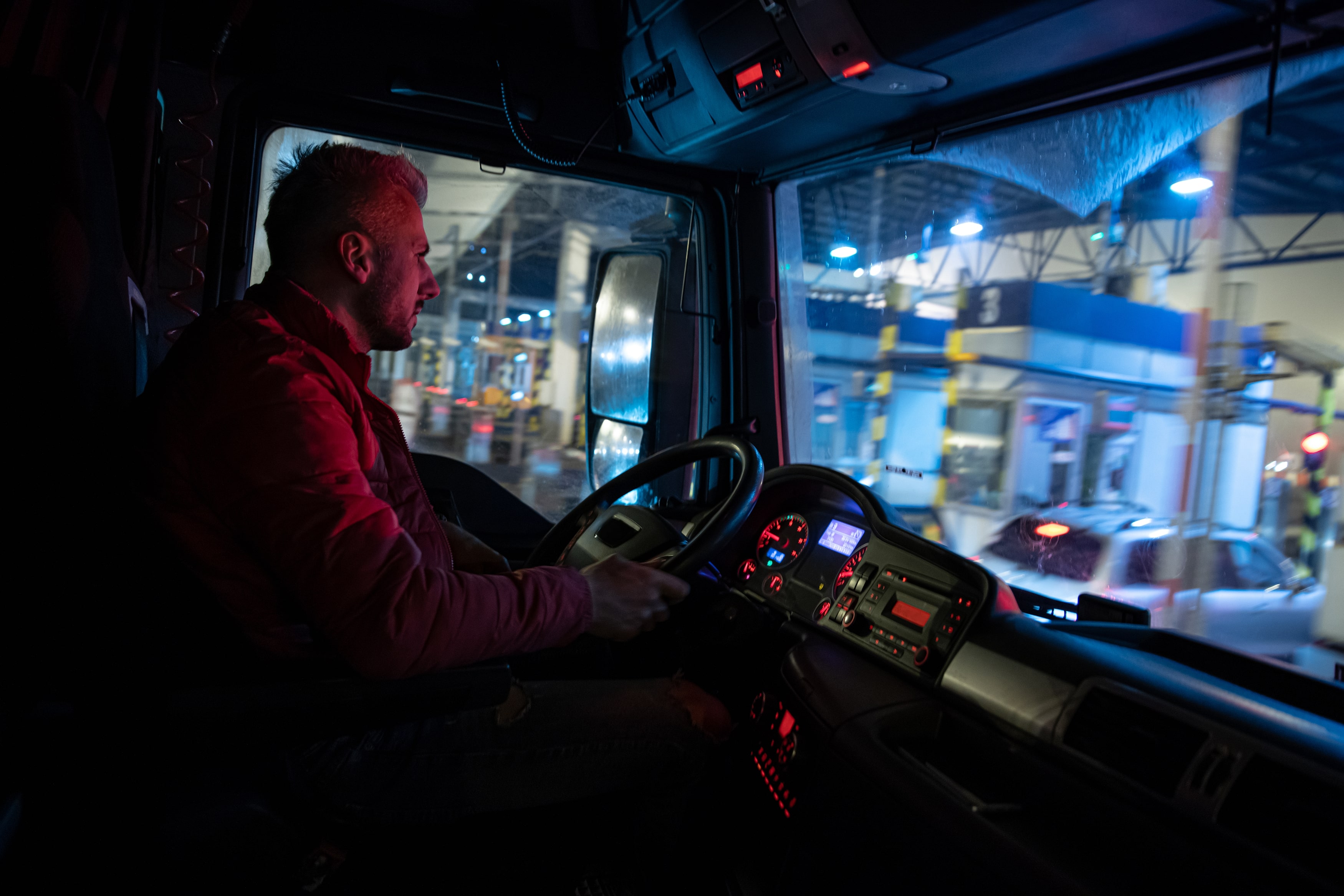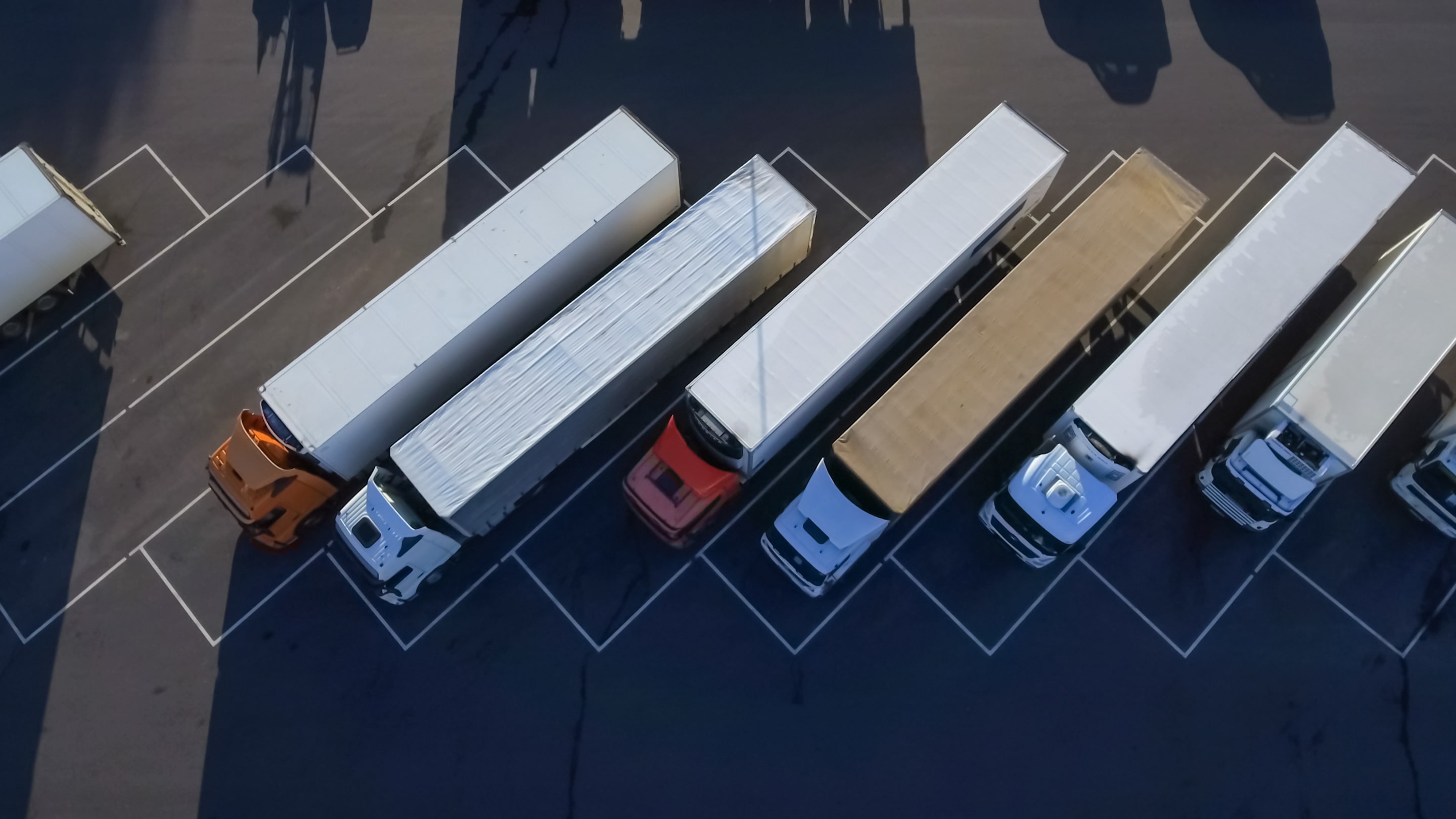
Guest
Řešení nedostatku řidičů nákladních vozidel ve Spojeném království v letech 2024/2025
Vytvořeno: 16.08.2024
•
Aktualizováno: 10.10.2024
Nedostatek řidičů těžkých nákladních vozidel ve Spojeném království je komplexní a mnohostranný problém, který má dalekosáhlé důsledky pro národní hospodářství a dodavatelské řetězce. Soustředěné úsilí vlády, průmyslu a zúčastněných stran však začalo přinášet pozitivní výsledky, což naznačuje, že se karta možná obrací.
S výhledem na roky 2024 a 2025 bude pro zajištění dlouhodobé odolnosti a prosperity dopravního sektoru klíčové pokračující úsilí o řešení nedostatku řidičů spolu se zaměřením na získávání a udržení talentovaných osob.
Hloubka krize
Nedostatek řidičů nákladních vozidel ve Spojeném království je stále větším problémem a v roce 2021 dosáhne situace kritického bodu. Podle zpráv z odvětví se země na vrcholu krize potýkala s nedostatkem přibližně 100 000 řidičů nákladních vozidel. Toto číslo představovalo výrazný nárůst oproti 59 000 řidičů chybějících v roce 2019, což podtrhuje rychlé zhoršování situace.
K tomuto nedostatku přispělo více faktorů, včetně dopadu pandemie COVID-19, následků brexitu a změn daňových pravidel IR35, které se dotkly řidičů nákladních vozidel zaměstnaných agenturami na základě smluvního vztahu. Tyto poruchy vedly k odchodu mnoha zkušených řidičů z oboru, zatímco na trh nepřicházel dostatek nových talentů, kteří by tuto mezeru zaplnili.

Vládní zásahy a úsilí průmyslu
Vláda Spojeného království a zúčastněné strany z odvětví si uvědomují závažnost situace a podnikly rozhodné kroky k řešení nedostatku řidičů nákladních vozidel. Ministerstvo dopravy oznámilo pozoruhodné zlepšení, přičemž procento volných míst řidičů nákladních vozidel hlášených dopravními podniky se snížilo ze 43 % ve 4. čtvrtletí 2021 na 23 % ve 3. čtvrtletí 2023.
Jedním z klíčových opatření bylo zvýšení finančních prostředků na získávání a školení nových řidičů nákladních vozidel. Vláda rovněž urychlila proces získávání řidičských průkazů pro nákladní vozidla a investovala 8 milionů liber do zlepšení kvality odpočívadel pro řidiče nákladních vozidel, čímž řešila dlouhodobý problém špatných pracovních podmínek řidičů.
Společnost SNAP pomohla několika britským parkovištím pro nákladní automobily podat žádosti o vládní financování na zlepšení jejich vybavení. Více informací o truck parcích zařazených do sítě SNAP.
Řešení problému stárnutí pracovní síly a získávání mladších talentů
Jedním z přetrvávajících problémů v odvětví řidičů nákladních vozidel je stárnutí pracovní síly, přičemž průměrný věk řidičů je 48 let. Odvětví se snaží přilákat mladší talenty, protože vnímání špatných pracovních podmínek, průměrných mezd a neinspirativní kariérní dráhy mnohé odrazuje od toho, aby uvažovali o kariéře řidiče nákladních vozidel.
Vláda nedávno zahájila konzultace o snížení minimální věkové hranice pro řidiče autobusů a autokarů, což by mohlo otevřít více příležitostí pro mladé lidi, kteří by chtěli nastoupit do odvětví dopravy. Tento krok by spolu s úsilím o zlepšení zázemí pro řidiče a pracovních podmínek mohl přispět k tomu, aby se toto odvětví stalo atraktivnějším pro další generace pracovníků.
Viz mapa parkovišť pro nákladní automobily, mycích stanic pro nákladní automobily a ubytovacích zařízení v různých regionech sítě SNAP.

Překonávání regulačních překážek a zavádění flexibility
Dalším faktorem, který přispívá k nedostatku řidičů nákladních vozidel, jsou regulační překážky a byrokracie, s nimiž se noví řidiči při vstupu do odvětví potýkají. Proces získávání potřebných licencí a osvědčení může být časově i finančně náročný, což potenciální uchazeče odrazuje.
Zúčastněné strany v tomto odvětví se vyslovily pro pružnější postupy školení a přezkoušení, podobně jako to dělají autobusové společnosti. Zjednodušením a zpřístupněním tohoto procesu se očekává, že se zvýší počet kvalifikovaných řidičů vstupujících na trh.
Dopad brexitu a COVID-19
Nedostatek řidičů nákladních vozidel ve Spojeném království se dále zkomplikoval v důsledku brexitu a narušení způsobeného pandemií COVID-19. Ztráta řidičů z EU, kteří dříve tvořili významnou část pracovní síly řidičů nákladních vozidel ve Spojeném království, byla významnou ranou.
Navíc vliv pandemie na školení a testování vedl k tomu, že na trh přicházejí noví řidiči. S oživením ekonomiky zvýšená poptávka po zboží a službách ještě více zatížila již tak napjatý dopravní sektor.

Spolupráce a inovace
Řešení nedostatku řidičů nákladních vozidel bude vyžadovat spolupráci mezi vládou, zúčastněnými stranami z odvětví a vzdělávacími institucemi. Jejich společnou prací lze vyvinout komplexní řešení, která budou řešit základní příčiny problému a vytvoří udržitelnější a odolnější dopravní systém.
Zásadní roli při zmírňování dopadů nedostatku řidičů může hrát také zavádění inovativních přístupů, jako je využívání technologií k optimalizaci logistiky a zvyšování efektivity řidičů. Investice do infrastruktury, školicích programů a iniciativ zaměřených na řidiče mohou pomoci vybudovat silnější, rozmanitější a odolnější pracovní sílu.
Cesta před námi
Je zřejmé, že zatímco Spojené království prochází vývojem situace v oblasti nedostatku řidičů nákladních vozidel, řešení bude vyžadovat mnohostranný přístup. Pro zajištění odolnosti národní dopravní sítě bude zásadní pokračující podpora vlády, spolupráce v odvětví a závazek přilákat a udržet talentované řidiče.
Ačkoli krize nemusí být v nejbližší době zcela vyřešena, dosavadní kroky dávají naději. Pokud se Spojené království bude i nadále soustředit na inovace, flexibilitu a inkluzivitu, může se dopracovat k budoucnosti, kdy bude odvětví dopravy vybaveno tak, aby splňovalo rostoucí požadavky ekonomiky a potřeby svých občanů.


